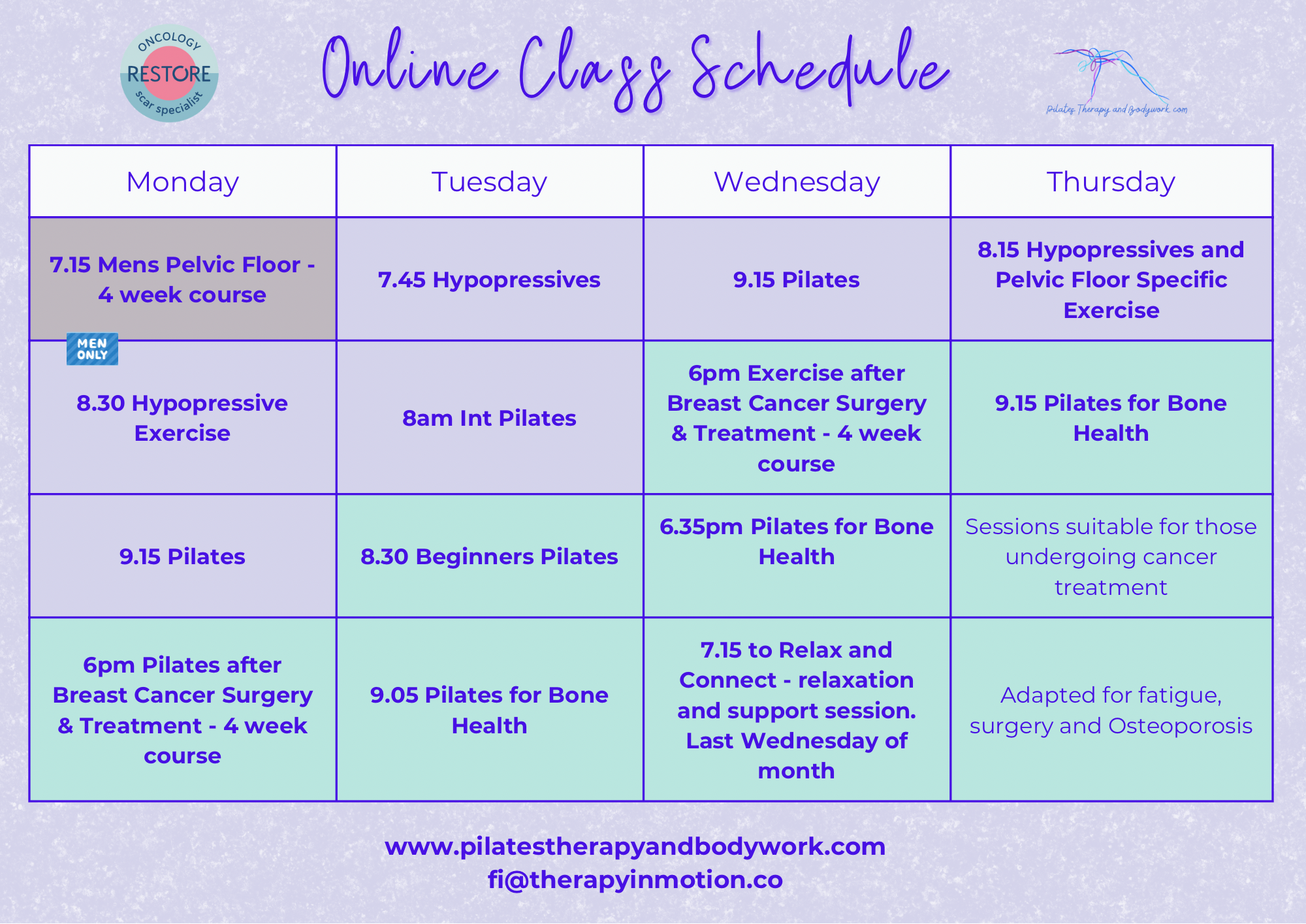
Overcoming Cancer-Related Fatigue: Evidence-Based Strategies and Survivor Insights
Cancer-related fatigue (CRF) is one of the most common and distressing side effects of cancer and its treatment. Unlike ordinary tiredness, it does not go away with rest and can have a significant impact on daily life. It is not proportional to recent activity
Fatigue from cancer is one of the understated, underestimated, and least managed symptoms experienced by cancer patients.
Did you know that there even scales to measure it!
Through research-backed strategies and insights from those who have lived through it, cancer survivors can find ways to manage and improve their energy levels.
Understanding Cancer-Related Fatigue
CRF is different from everyday exhaustion. It is a persistent, overwhelming sense of physical, mental and emotional exhaustion that does not improve with sleep. It can affect people at any stage of their cancer journey– before, during and even long after treatment has been completed.
You are not alone!
How common is CRF?
• Up to 90% of cancer patients experience fatigue at some point during treatment.
• 30-50% of cancer survivors continue to experience fatigue months or even years after treatment.
• It can impact daily life, making it difficult to work, socialise, or even do simple things like cooking or getting dressed.
Symptoms of CRF
• Extreme tiredness that does not improve with rest.
• Difficulty concentrating or remembering things, this is often known as “Chemo Brain”.
• Muscle weakness and a heavy sensation in the limbs.
• Emotional Exhaustion, leading to frustration, anxiety or depression.
Understanding that this fatigue is a real and medically recognised condition is the first step in managing it.
Evidence-Based Strategies for Managing CRF
Research has identified several effective ways to help with CRF. Here are some approaches:
• Physical Activity: Moving to help you Gain Energy – It might seem odd, but regular movement reduces fatigue rather than increasing it. A study in 2023 (Ben Bong et al) showed that aerobic and resistance exercise done regularly are effective for alleviating CRF. Earlier studies from 2013 (Karen M Mustain et al) found that home based walking at moderate intensity for 10-45 minutes 4-6 days a week during chemotherapy and radiotherapy treatment for breast cancer reduced CRF, sleep disruption, and anxiety.
Tip – Try walking for 10-15 minutes a day. There are specialist cancer exercise sessions popping up all over the country and many are free for 12 weeks, and people like myself also offer them on a pay what feels manageable basis. Add in a few simple stretches to stay flexible and take a few minutes for breathing and meditation. Improve your strength with some resistance training, look for bone health and resistance sessions.
• Survivor tip – “I started with just 5 minutes of stretching in the morning, and it made such a difference. Now I walk daily and have more energy than when I was resting all day” – Emily, BC survivor.
• Nutrition: Fuel up for Energy – Eating well can make a huge difference in fighting fatigue. Cancer treatment can affect appetite and digestion, so a balanced, nutrient rich diet is key.
Tip – Protein rich foods help you to maintain muscle strength. Complex carbs will help keep steady energy. Staying hydrated is really important.
Survivor Tip – “I realised my fatigue was worse when I skipped meals. Small, frequent meals and snacks helped me feel more stable throughout the day”. – John, bowel cancer survivor.
• Sleep: Restorative Sleep, Not Just More Sleep – Many cancer patients experience sleep disturbance, making fatigue worse. Better sleep quality is key.
Tip – Try and stick to a consistent sleep schedule: similar time and routine. Blue light is known to disturb sleep so try and switch screens off around an hour before bed. Try a guided relaxation or deep breathing routine before sleep.
– Survivor tip. “If I need to rest during the day it needs to be short and not late afternoon as I am then not able to sleep at night. If I wake during the night I pop on my guided relaxation and usually fall back to sleep before it has completed”. – John, bowel and prostate cancer survivor.
• Psychological Support: Managing the Mental Side of Fatigue – Fatigue is more than just physical– it has a strong emotional side. Depression and anxiety can make CRF worse and this creates a vicious cycle.
• Tip – You may like to try cognitive Behavioural Therapy as this is a proven method to reduce fatigue and improve mood. Support groups really do work, research shows that survivors using support groups thrive, talking to others who understand can be incredibly validating. Mindfulness and meditation practices help reduce stress, which can help with fatigue.
• Survivor tip – “I set up a cancer support group as there was nothing close to me to attend in 2012, we are still going in 2025. I feel less alone, we share tips, have a moan when needed, and lift each other up”. Ann, BC survivor
• Pacing Yourself: Energy Conservation – Managing fatigue means changing what you do , not necessarily doing less.
• Tip – Try the 3 P’s – Prioritise, what is essential? Plan, spread the tasks over the day or week. Pace, Take a break and have a healthy energy boosting snack (if needed) and use 2-5 minutes of breathing and meditation.
• Survivor tip – “I used to push myself to do everything in one hit and then crash. I now pace myself and get through the day better”. – John, prostate cancer survivor.
Cancer-Related Fatigue can feel overwhelming, it should not control your life. Use a mix of evidence-based strategies and the tips from lived experiences, that will help you take steps toward regaining your energy and improving your quality of life.
If you’ve experienced CRF, what has helped you most? We would love to hear from you. If you need guidance with exercise or support groups get in touch.
fi@therapyinmotion.co or 07767 384983

